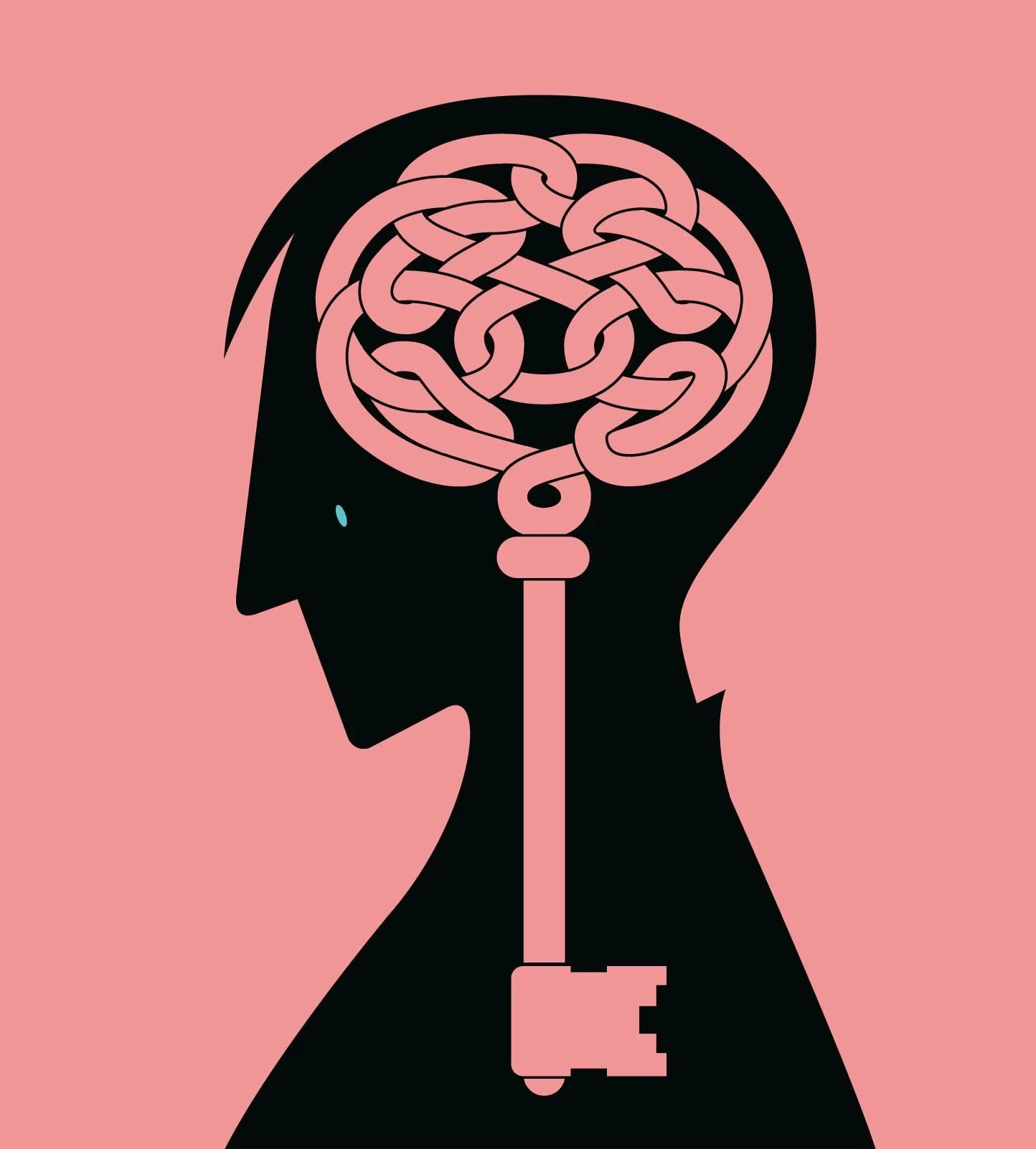There are lots of great articles out there that detail the specifics of Chris’s training program, and the challenges he faced in preparing for the Ironman. I won’t rehash them here, as this is not a piece about athleticism. What I want to write about instead is Chris’s mission—not just to become an Ironman, but to be an advocate for and inspiration to, all individuals with Down Syndrome.
Viewing entries tagged
John Will
I realize that in many cases the idea of having special needs or caring for someone with special needs can make other people uncomfortable, and they struggle to know how to help when they want to. I understand that from the outside looking in, special needs can seem like a horrible burden to individuals and families.
My mind is whirling, my heart racing. He’s in bed now, hopefully sleeping. We spent the day going round and round, to the detriment of all. He just knows how to push my buttons sometimes. I’d like to think that he’s doing this to me deliberately, just so I can feel better about my poor responses, but I know he isn’t. I know he is trying to explore the big world, and sometimes, his emotions just get the better of him.
“It doesn’t help me if you hide your feelings.”
“I’m not hiding them, I just don’t know how to verbalize them.”
“I get that. I do. But you can’t just not talk about these things. It will eat you up inside.”
“Maybe. But I’m not nearly as scared for Isaac as you are right now. I don’t see surgery as elective. If he needs surgery at some point we will deal with it, but otherwise, for me, worrying while waiting isn’t going to help him.”
We depend on the weekly therapies that our children get, because we want to see them increase their skills, and not lose them through disuse. Unfortunately, at least in our case, all therapies have gone virtual, and so now our weekly hours of therapy are spent sitting in front of a screen.
Since the Stay-at-Home order was put in place in Illinois back in March, Heather and I have been pondering what ‘next year’ would look like for our family in terms of schooling. Since that time, we have been weighing options and doing research and fretting endlessly about how to give our kids the best possible education while still living under the threat of COVID-19.
Within a week of getting the vitamin-D, Isaac’s speech had improved so dramatically that his speech therapist almost cried! I can’t begin to express the joy our family experienced celebrating this turning point with Isaac. He has worked so hard to get to this point, and although we still have a ways to go, we can see the end result approaching, and more importantly, he can too and it is motivating him to try even harder. These past few weeks are a testament to the long hours Heather spent doing speech homework with Isaac. Despite that, at our neuro’s suggestion, we still kept our appointment for the MRI.
No, I’m not bragging. I promise I have a point. I spent a lot of time on vacation thinking about parenting and life in general. As a dad, I spend so much of my time trying to do things for my family, that I don’t get much time to do things with my family. I tend to miss out on moments when I could connect with my kids because I am focused too much on other things. So, for the week of vacation, I make it my goal to spend every second I can with my family. And I learned some lessons on vacation that I’d like to share.
But you know what, that’s the beauty of having kids. I don’t understand a lot of the things they do. I’m not supposed to, at least not at first. They are going to teach me new things. They are going to do unpredictable things, and I’m going to grow as parent because of it. It’s ok for them to be jealous of petty, silly things. It’s ok that they complain that it’s “unfair” that the other boy has to go to therapy. Every day, they do something new, and I learn something new.
How to tell him about his condition, and when to tell him became the question. Do you tell a two-year old about brain scans and Probst-bundles? Do you wait until he is ten and can fully process the science of it all? We decided, after much deliberation, to begin explaining this to Tim at such a young age that he would never be able to remember a day in his life when he didn’t know about ACC. We started by explaining in small ways, that his “thinker” was a little bit different from other people’s but that it was a good thing, because it made him special. Over time, we’ve come to refer to Tim’s ACC as Magic Brain, as in, “Tim has a Magic Brain.” We started with that when Tim was just about two years old.










